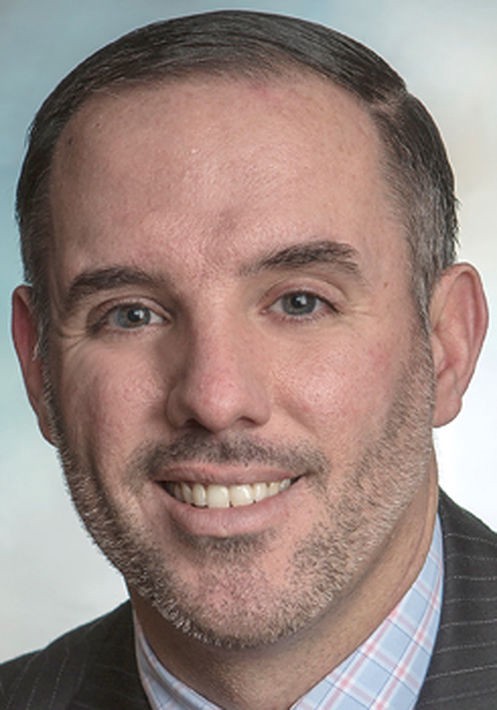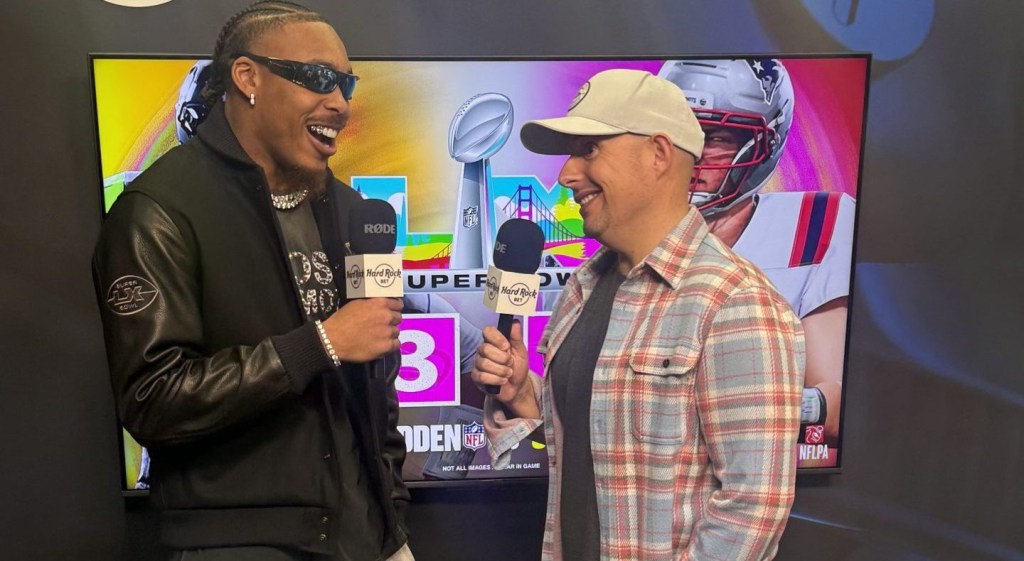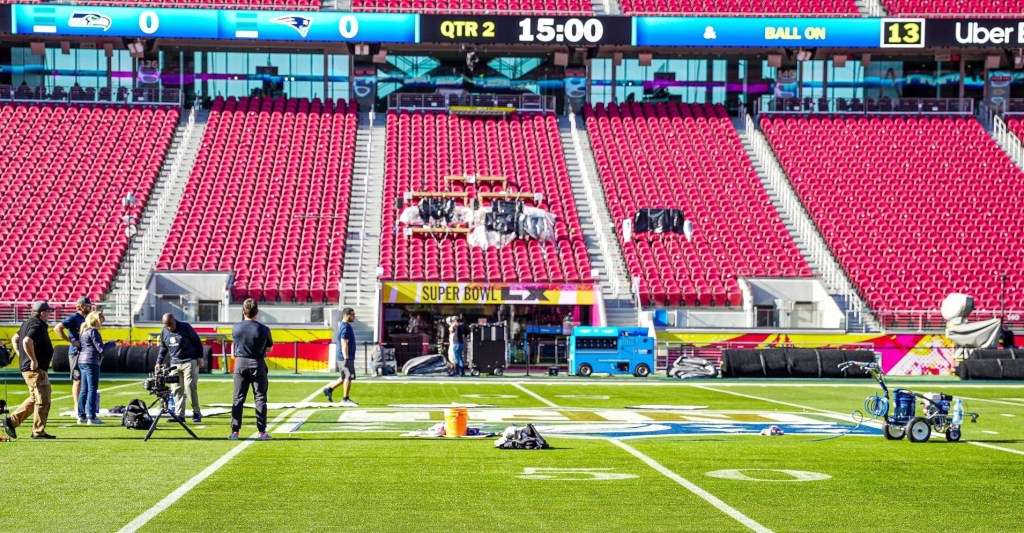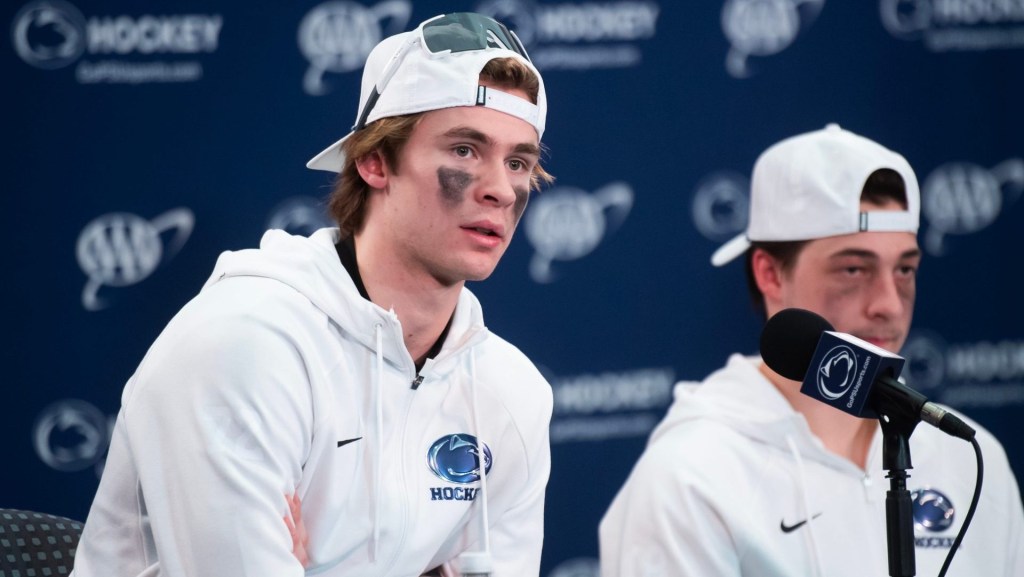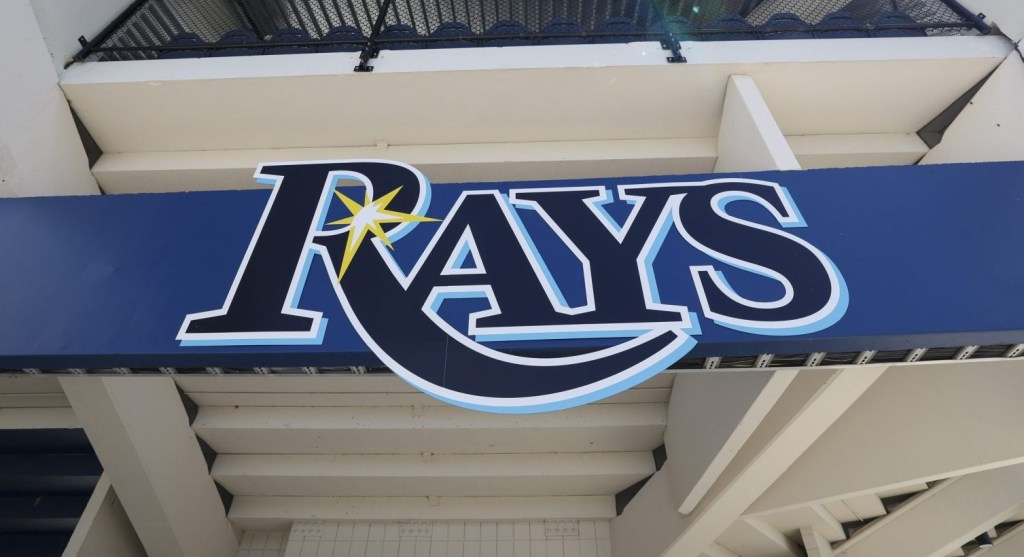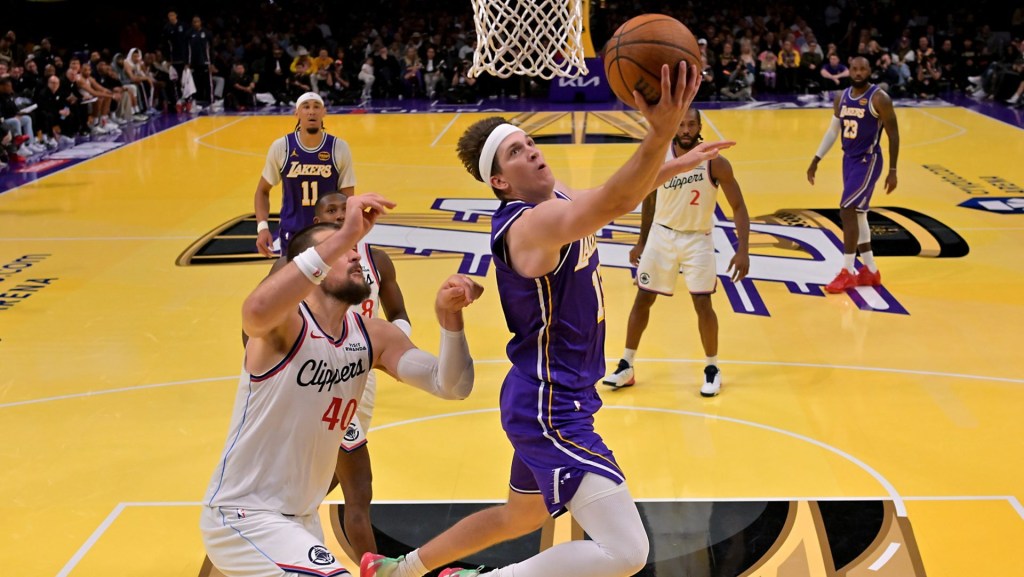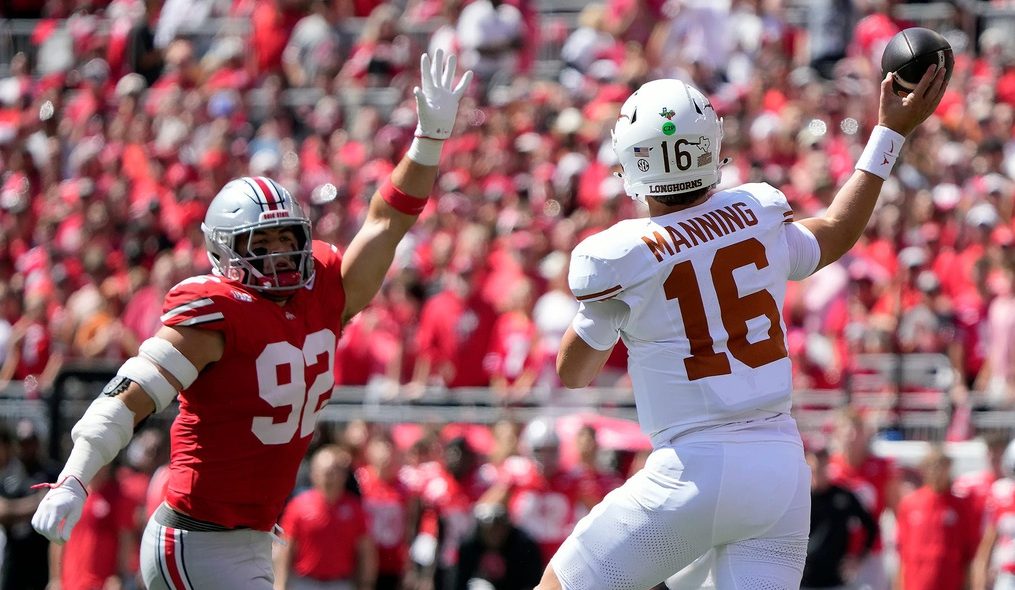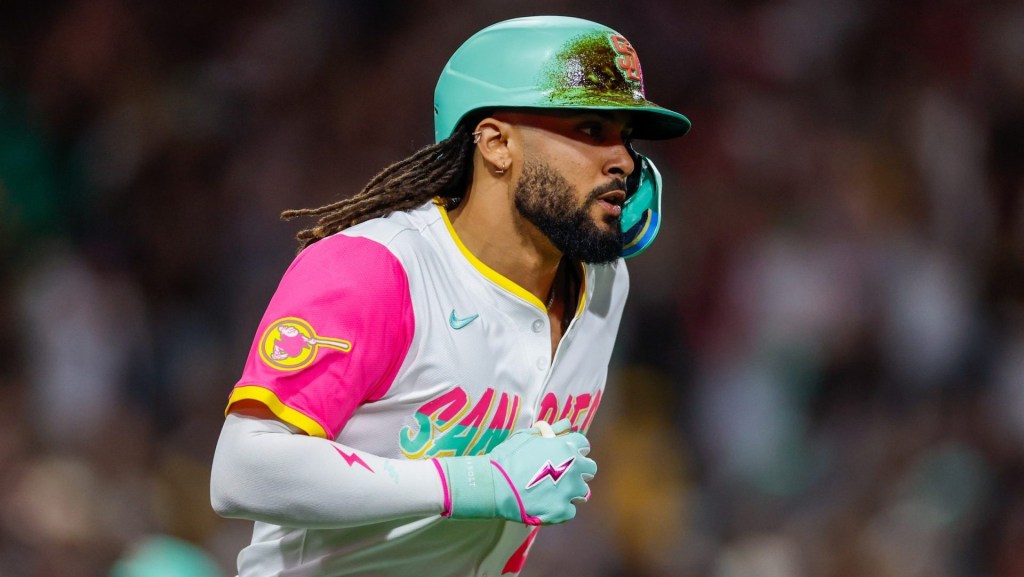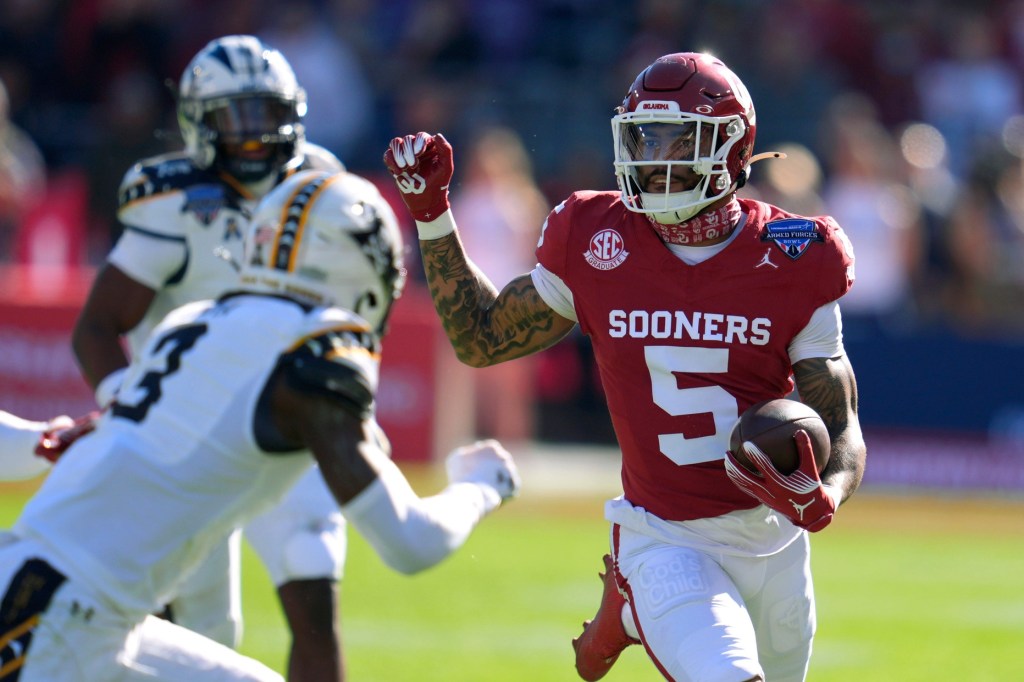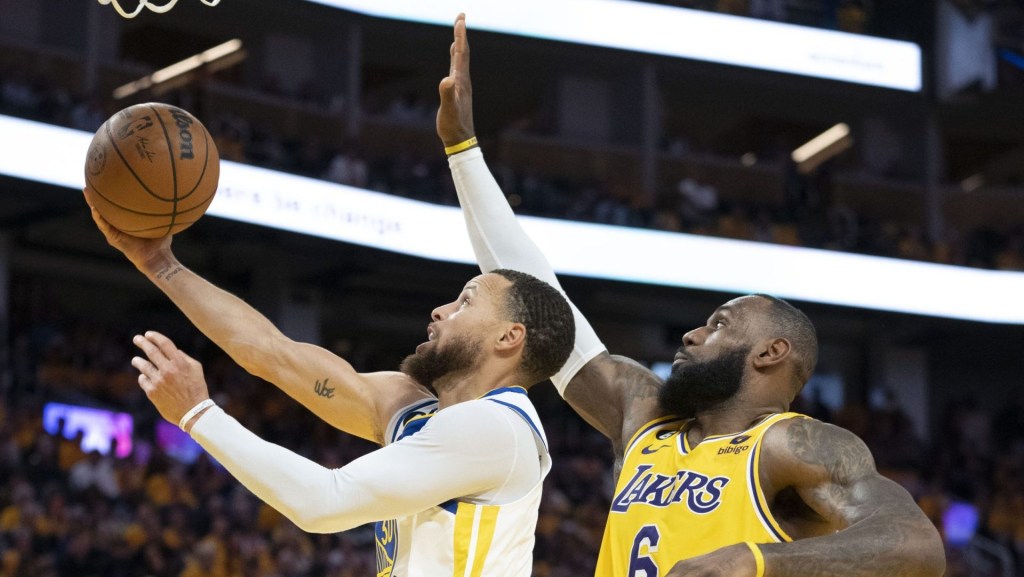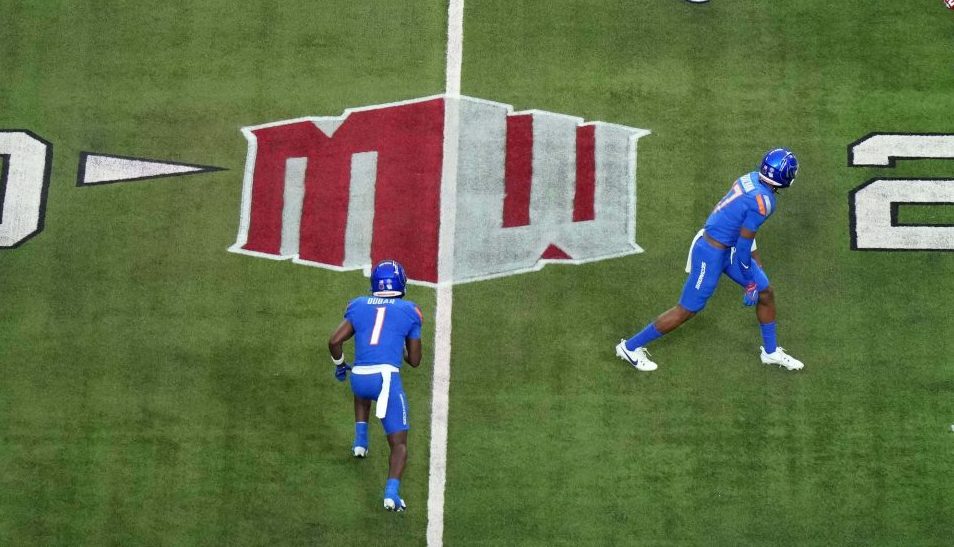By: Amari Dryden, @Amari_Dryden

Front Office Sports is proud to have sat down with Mark Gress Jr., Vice President, Recruiting for Prodigy Sports. After becoming Drexel University’s first graduate of their Sport Management program, Mark started his journey in the sports world, took a detour into higher education and then made his way back into sports business. He was gracious enough to offer up his wisdom about how being flexible and open to all opportunities is conducive to success.
What has your journey been like going from a graduate of Drexel University to now being the Vice President of Prodigy Sports?
I started as an undergraduate. I was a business major. They didn’t have a sport management program at that time at Drexel. I started working early on, as early as freshman year working in sports. I worked for the athletic department at Drexel. I also worked at the Philadelphia Eagles. I was just really trying to work in as many sports opportunities as I could. They included anything and everything including work-study jobs, part-time, weekend positions, whatever I could do.
About halfway through my four and a half years at Drexel, they started a sport management program. I was extremely excited to join that program. Oddly enough I was actually the first graduate of that program because I started it during my junior year and then just took sport management classes for the next two years until I graduated. So I was the first sport management graduate from Drexel at the undergraduate level, which was pretty cool at the time, and certainly something I always tell people about today.
I had some work experience fresh out of school and I joined on about a month or two after graduating to one of Prodigy’s major competitors, Turnkey Sports, where I worked for three years. I was doing very similar, almost identical, work to what I’m doing now. By the time I left, I was a Senior Executive Recruiter and was filling like positions to what I’m doing today.
After three years, I jumped out of sports on a day-to-day basis from what traditionally people think of as a sports career into higher education. When I left to go into higher education, I was still loosely involved in sports. I was a career counselor for undergraduate and graduate students who wanted to pursue a career in sports. I was still involved. I wasn’t working for a team or a league like people traditionally think about or even a college athletics department, but I was still involved and started teaching introductory graduate level classes for the sport management program at Drexel. There were about fifteen to twenty graduate students and this will be my fourth year doing this coming up in September. I joined Prodigy in January after six years in higher education. I was hired on in January 2015 as Director of Recruiting and then was promoted along with a few other staff members to my current role about a month ago.
I went on different paths that I probably wouldn’t have thought about as an undergraduate. I didn’t know about companies like Prodigy or Turnkey. When I was an undergrad, I thought I was going to work for the Philadelphia Eagles or in college athletics or in minor league baseball. I didn’t know companies like this existed but I’m thankful I found it. It’s a path I’d probably prefer doing more than some of those other options might have existed.
What inspired you to work in the sports business profession?
I think a lot of people talk about that they played sports and had a passion for it and all those things are true for me to this day including watching sports or reading about sports every single day. I was probably one of those odd ducks that was always interested especially in high school and college and in the present day about the business side of sports. That’s what intrigued me about it.
Even as a high school senior I got my first taste of what it was like working at an indoor tennis facility. I had no real interest in tennis. It was just a job but I got really interested in how the company worked. I did everything at that place. I helped with people who wanted to reserve court time, needed to sign up for a contract, and I would even help manage and maintain the clay courts.
I think beyond watching, reading, or playing sports, it was actually what went on in the business side of it that always intrigued me. Even to this day I’ll go to a game or watch it on TV but I’ll still pay attention to what the process is like from handing my ticket to someone upon entering the stadium or arena. I notice billboards and in-game promotions and I think about the components of that from the business side of sports. As a recruiter, I also try to think about the people who execute the things behind the scenes of a sporting event.
It’s interesting to see that what we do in our field is what other people do to get away from their jobs that are outside of sports. They go to the games, they watch it on TV, and they read the stories to get into the industry we’re working in so I always found that to be pretty fascinating. It also makes it more real life when you read the Sports Business Journal or when you see something on social media about what a team is doing. Lastly, if we place somebody that works at an organization that just won a championship or they’re doing a cool promotion or they just sold out all the suites at their new stadium or arena, that’s always fun to see it from theory into practice.
As Vice President of Prodigy Sports, what is a typical day like?
It changes quite often. The good thing is we’re a small organization, boutique executive search firm. There’s not many of us out there doing what we do which makes it very specialized in that we’re not like a recruiting firm like a Robert Half where there’s hundreds and thousands of employees. We’re small so the communication and teamwork is awesome.
I could have one search going on that I’m recruiting for or I could have three or four. Also the other members of our team here could have three, four, five different searches we’re working on and we help each other quite a bit. We are very agile and collaborate a lot on all of our searches.
It could range from a handful of interviews on a given day such as phone, Skype or in person. We might be doing reference checks for candidates throughout a given day. Or we might be doing research whether it be scouring our database or looking through LinkedIn or other ways to find potential candidates and at the end of the day we’re always trying to keep the business rolling by looking for new projects to take on, new searches that might come to fruition, people that could use our services to hire for senior level positions in the sports entertainment industry.
At any given point it could be a lot of research looking for candidates or it could be we’re in the final stage and we’re just coordinating interviews, making sure reference check are complete and when the offer letter is submitted that it’s with all the right parameters in terms of salary, benefits, etc.
What are some of the challenges that come with finding candidates for the jobs your clients need?
The first one that comes to mind that we talk about quite often is certainly the fit with a given company’s culture, environment with the people that the hire would be reporting to, including management, ownership, co-workers, etc.
While credentials might be similar from one team to another, or league or agency to another, the success stories or the skills may be similar but then it’s a matter of finding out how does candidate ‘x’ fit with this company or organization? One candidate that we have for the PGA TOUR might not be the perfect fit for Roc Nation and that’s OK and frankly expected. They are two different types of organizations and what they look for in a candidate varies.
The second one would be that the majority, if not all, of our candidates are already employed. They’re not active job-seekers so they have a position and are not looking to leave. Maybe at best they are passive job-seekers so they’ll take our call or respond to our email but we might not always be pursuing or actively engage with candidates that are unemployed or are extremely unhappy with their job.
The beauty of that is they aren’t desperate for a job. They are doing well, they’re happy and in a good place and making good money and are moving up the corporate ladder. If they’re willing to take our call and they’re interested in pursuing an opportunity and putting a resume together, we know that they’re really interested and vested in the opportunity.
I’d say it’s both a challenge and a benefit because we’re also trying to sway people and truly either recruit or a phrase I’m not too happy about ‘head-hunt’ them away from their organization to another one and sell them why it’s the best opportunity for them and their family.
What is your favorite aspect of your job?
I like talking to people and getting to meet new people in the sports and entertainment industry and figure out how we can help them in their career. While it is to our benefit and to our client’s benefit to recruit them for the position and place them in an ideal role, a great part of the job is figuring out how to help the candidates reach their goals. So if they want to work in an ideal location or relocate closer to family or if they want to work for an organization that they’ve admired for years or if they really want to find that next president or vice president position, we can help. That’s the true win-win.
I also like introducing Prodigy to people and networking with people that may not know about us. Once I tell them about what we do and the success that we have, they are impressed and excited to speak with us.
What are three things a student must do to succeed in the sports business?
Take on opportunities that give you transferable skills. I know a lot of people say intern, intern, intern and I certainly won’t stray too far from that but if it’s a volunteer position, if it’s a work study job or whatever it might be, or even an extracurricular activity, if you’re getting transferable skills that will lead to a given job or employment upon graduation, that’s just as important. When we’re interviewing candidates that’s what we’re looking for.
Everybody talks about networking and there’s no doubt about it but smart networking is key. It’s not a quantity game. It’s more quality so building smart and substantial relationships is key. Also, I’d encourage students to not shy away from or think someone is not worth networking with; you never know who knows who and how you might be able to help each other.
With me, I was a senior at Drexel and one of my classmates was a sophomore. I knew of him but I didn’t really have a relationship with him but he approached me one day and said, ‘Hey I know you’re graduating. The company I’m interning at is looking for a full time position that’s not posted anywhere. I know they’re hiring for it and interviewing for it so if you want to send me your resume, I’ll pass it along.’ I wouldn’t have thought of striking up a conversation or networking with an underclassman. I was graduating a month or two and he was the one who introduced me to my job at Turnkey. Anybody can be a potential networking resource for you (and vice versa).
The third aspect I would certainly say is be open and be flexible. In terms of what we hear a lot of times when people are either trying to intern with us at Prodigy or seeking entry level jobs even if we might not recruit for them all the time is that they don’t want to get into sales. I’d say any position at any given sports organization is doing some sort of sales even if it’s not ticket or corporate sales. At the end of the day, being open and being flexible at any type of opportunity across all business functions.
Everybody might want to go down the path of being in ‘sports marketing’ but what does that mean? It’s a very generic term and people kind of default to that sometimes. Be open to any and all business functions as you approach your entry-level, mid-level or even senior-level position. Don’t shy away from taking a chance.
As a person who used to counsel sport management students at Drexel, what is one mistake you’ve frequently seen students make and how do you fix/avoid it?
Students having too much of a narrow focus not just on the types of opportunities which is what I was just talking about before like the types of roles at a given team or league so not that. This is a different criticism or point of emphasis I think students should look at but looking beyond the five major sports, looking beyond baseball, basketball, hockey, football and soccer. Looking past that to include jobs in the Olympics, college athletics, MMA, golf, etc.
To your question when I was counseling students they would say I want to go work in the NFL and do marketing. Well there are only thirty two jobs and so maybe looking beyond what those thirty jobs might be is smart. You’re competing against a lot of people who are pursuing those same jobs. Open up that narrow focus and don’t close the blinders on certain teams, leagues, or sports. Be open to parks and recreation, to YMCAs or sports agencies or whatever it might be so you’re not narrowly focused on what your competition is narrowly focused on.
Parting wisdom?
Be open to relocation and don’t put too much emphasis on compensation. Those are two things I stress to everybody. From the relocation standpoint, I’d say be open to the conversation instead of shutting it down right away. Whether there are certain parts of the country where you have family or friends that you’d consider relocating to for the right job in sports that would be key, which opens up more opportunities than anything even if your preference is to stay local. You can always go back. You can always relocate back home after you’ve built up a little bit of experience especially were there are dense markets where there are some universities and colleges where all those graduates are pursuing jobs in that market. The more you are willing to relocate, the better.
The second part of that I would say with the compensation side is a lot of students in sport management or sport marketing programs are typically told they aren’t going to make a lot of money in sports and I think that’s true with the onset. Now it does change as your career evolves. Don’t turn down that job that may only pay you a certain hourly wage if it is lower than working at Starbucks and don’t take the job outside of sports that offers you a slightly higher salary where you won’t be happy.
One of the first jobs I was offered right out of college that I didn’t choose but highly considered was a job in minor league baseball paying me eighteen thousand dollars a year. It was kind of a tough pill to swallow but I thought about what that could be years from now if I stayed and stuck with it. Would I be happy going to work every day and that’s what mattered more.
I’d say those two factors: relocation and maybe not overemphasizing compensation when you’re looking at job opportunities especially for those who are young professionals in the industry.
We would like to thank Mark for his time and insight and we wish him the best in all his future endeavors!
You can follow him on Twitter here, or connect with him on LinkedIn here!
